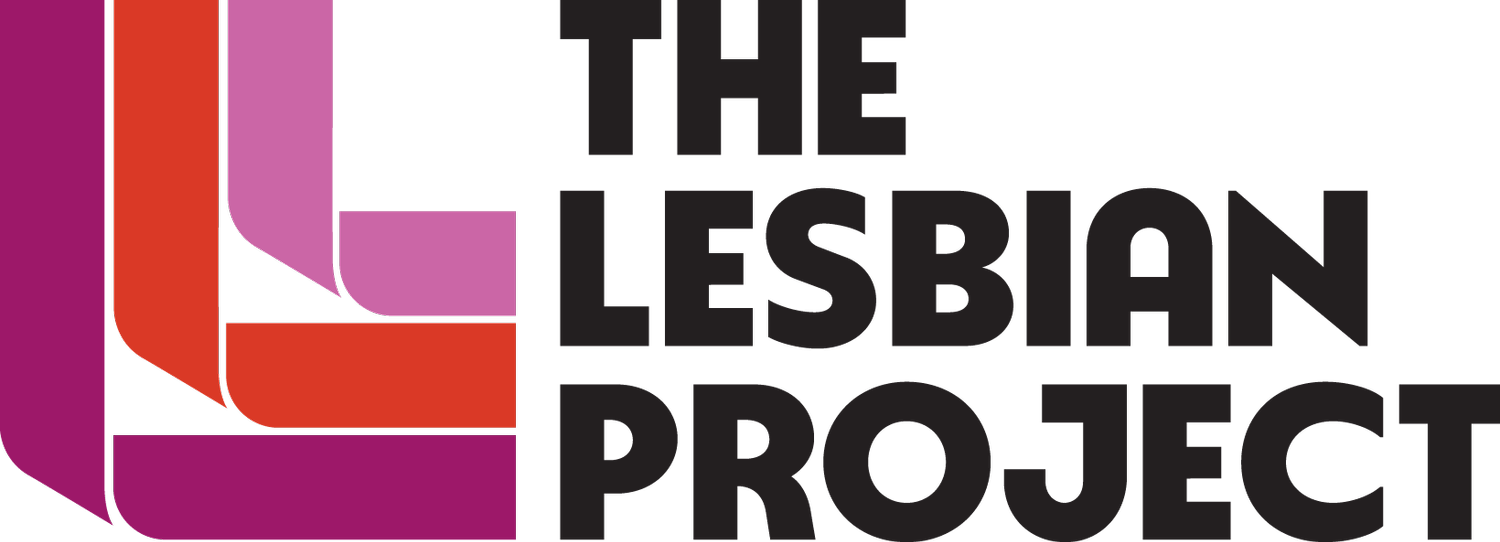Statement on the Supreme Court Judgment: For Women Scotland vs The Scottish Ministers
Today, the Supreme Court of the United Kingdom has unanimously ruled that the meaning of “sex” in the Equality Act 2010 is “biological sex” and not “certificated sex” (sex as allegedly modified by ownership of a Gender Recognition Certificate). Scottish Government Ministers had argued that “sex” meant “certificated sex” as a default interpretation. For Women Scotland challenged this, and won.
The Lesbian Project was delighted to act as interveners in this important case, along with sister lesbian organisations Scottish Lesbians and the LGB Alliance. The Lesbian Project’s research on lesbian lives – to be found here – informed our joint written intervention, and we believe it played an important role in contextualising the impact of the Scottish Government’s interpretation on lesbians, specifically.
In their judgment, Supreme Court judges repeatedly referred to the detrimental impact to lesbians of interpreting the law as the Scottish Government urged. These included an “inevitable loss of autonomy and dignity for lesbians” and “practical implications for lesbians across several areas of their lives”: most notably, the loss of freedom to associate exclusively with other lesbians, without any men with Gender Recognition Certificates present. As the judgment puts it: “Evidence referred to by the second interveners suggests that this [faulty interpretation of the Equality Act] is having a chilling effect on lesbians who are no longer using lesbian-only spaces because of the presence of trans women (ie biological men who live in the female gender)”.
This judgment makes clear: according to the terms of the Equality Act, lesbians have the right to associate only with other lesbians, in clubs, spaces, nights out, etc. in as large numbers as they wish. They do not need any special “gender-critical” beliefs to do so. And they do not need to say “yes” to men with Gender Recognition Certificates who claim they are lesbians too. This is a win for lesbian rights in the UK, and a defeat for the Scottish Ministers, whose position on this matter was described by judges as “incoherent”.
We are extremely grateful to For Women Scotland for their nous, wit, grit, and determination in taking this case through the various legal challenges; to all the women and men that helped them crowdfund; to our fellow interveners Scottish Lesbians and LGB Alliance; to Sally Wainwright and Lesbian Labour for their crucial input as well; and to our lawyers, Karon Monaghan KC, Beth Grossman, and Peter Daley, all of whom worked on the intervention pro bono.
If you would like to support The Lesbian Project, you can do so here.
